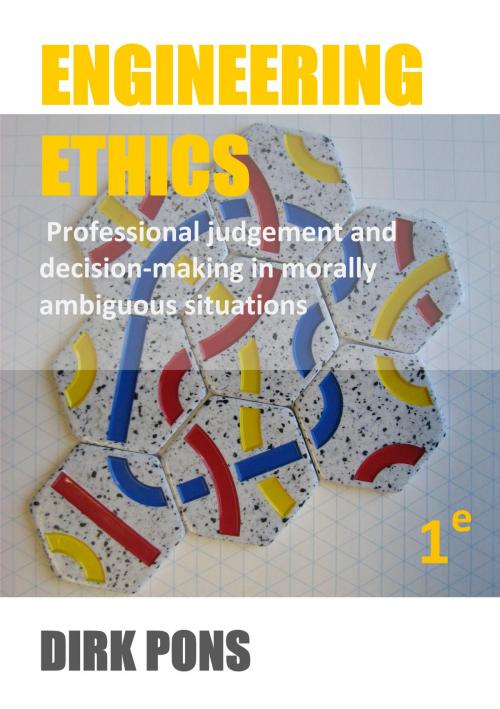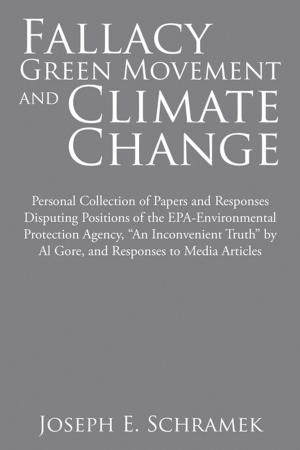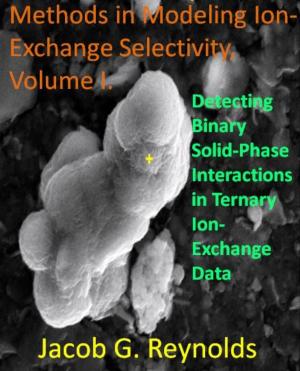Engineering Ethics
Professional judgement and decision-making in morally ambiguous situations
Nonfiction, Science & Nature, Technology, Industrial Health & Safety, Engineering, Environmental| Author: | Dirk Pons | ISBN: | 1230000752183 |
| Publisher: | Autahi | Publication: | October 31, 2015 |
| Imprint: | 1.7 | Language: | English |
| Author: | Dirk Pons |
| ISBN: | 1230000752183 |
| Publisher: | Autahi |
| Publication: | October 31, 2015 |
| Imprint: | 1.7 |
| Language: | English |
Ethics is the practical application of wisdom in professional practice, and this book shows how. The engineering profession requires its members to behave ethically. However the resulting rules and codes of conduct can be abstract and difficult for engineers to understand and apply to their personal situation. This book starts in Part 1 by identifying why ethics is important (because judgement is require to solve complex problems), and explains how corruption occurs. It then summarises the ethical codes of the Washington Accord signatories. Then in Part 2 a universal framework for engineering ethics is set out. This comprises: 1 Safeguard the well-being of people; 2 Accept the responsibility for stewardship of the natural environment; 3 Respect humanity; 4 Act with integrity; 5 Apply engineering knowledge competently; 6 Commit to personal professional development; 7 Apply Wisdom and sound judgement; 8 Be a faithful agent of Client and Employer; 9 Make professionally impartial decisions; 10 Warn against risks; 11 Maintain confidentiality; 12 Operate with integrity in organisations; 13 Uphold the profession. Part 3 discusses several applications of ethics including droids, utility theory, and professional registration (for the New Zealand context). Case studies and thought-provoking scenarios are provided.
Ethics is the practical application of wisdom in professional practice, and this book shows how. The engineering profession requires its members to behave ethically. However the resulting rules and codes of conduct can be abstract and difficult for engineers to understand and apply to their personal situation. This book starts in Part 1 by identifying why ethics is important (because judgement is require to solve complex problems), and explains how corruption occurs. It then summarises the ethical codes of the Washington Accord signatories. Then in Part 2 a universal framework for engineering ethics is set out. This comprises: 1 Safeguard the well-being of people; 2 Accept the responsibility for stewardship of the natural environment; 3 Respect humanity; 4 Act with integrity; 5 Apply engineering knowledge competently; 6 Commit to personal professional development; 7 Apply Wisdom and sound judgement; 8 Be a faithful agent of Client and Employer; 9 Make professionally impartial decisions; 10 Warn against risks; 11 Maintain confidentiality; 12 Operate with integrity in organisations; 13 Uphold the profession. Part 3 discusses several applications of ethics including droids, utility theory, and professional registration (for the New Zealand context). Case studies and thought-provoking scenarios are provided.















